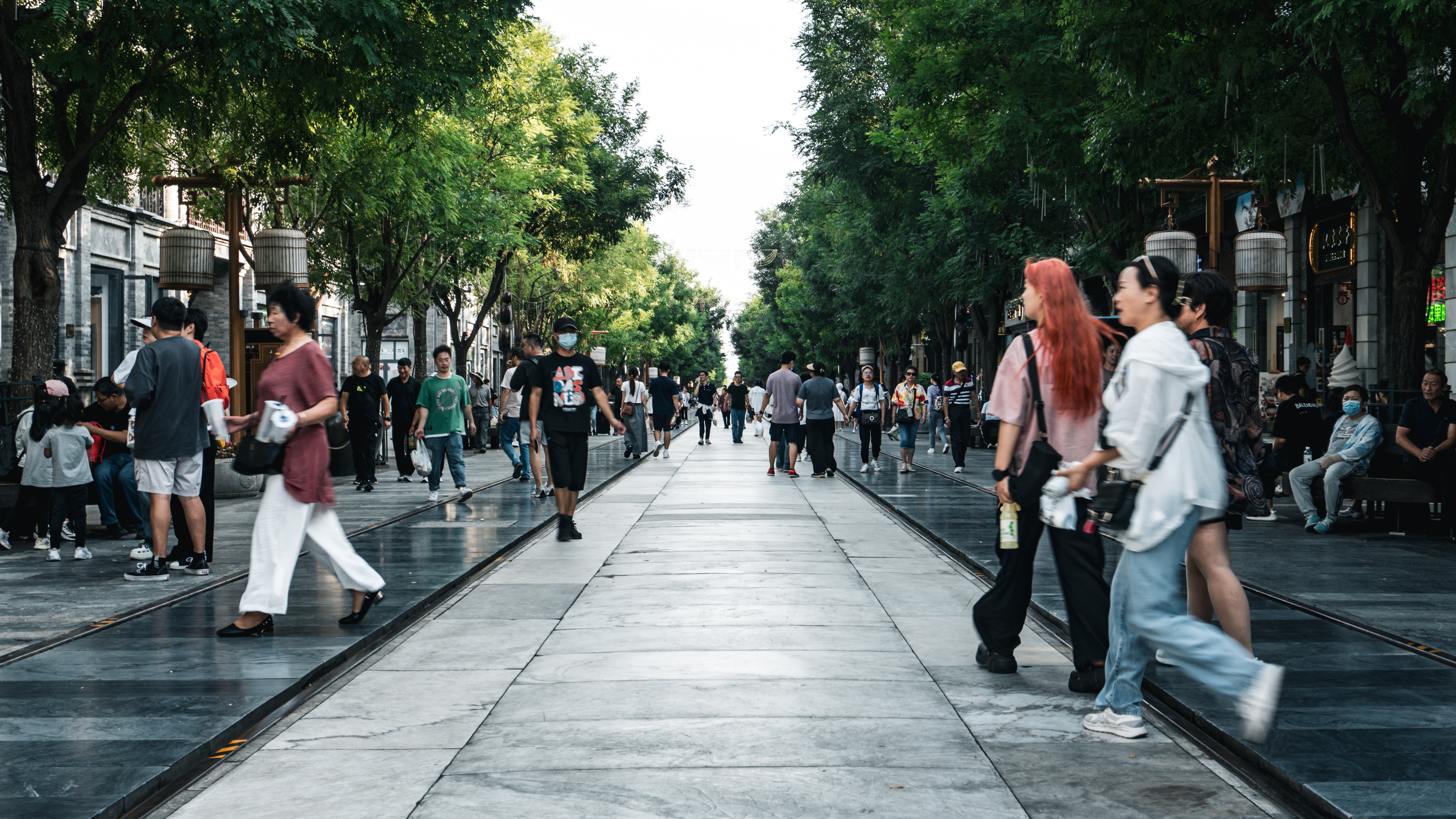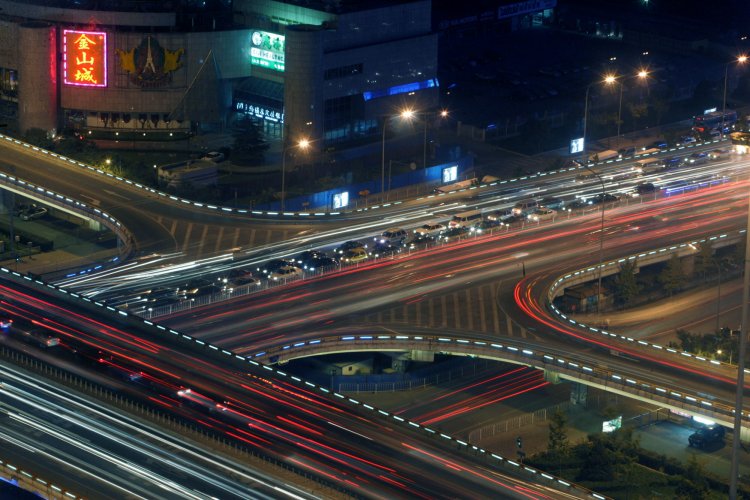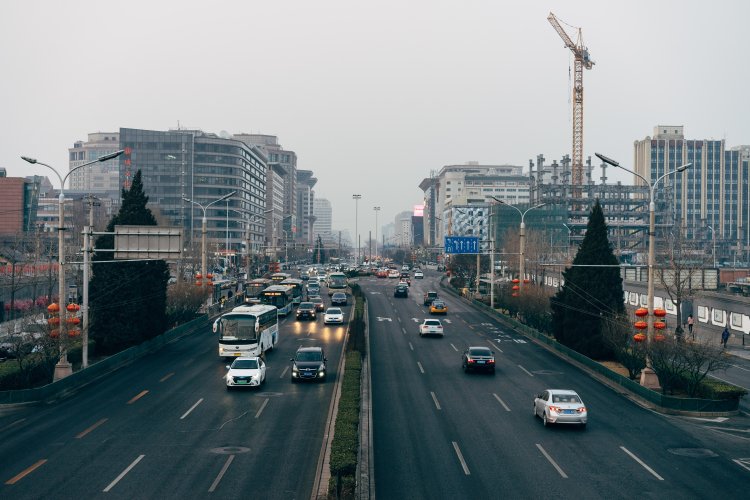Beijing News You Might Have Missed This Week, Oct 14
Beijing Takes Measures to Boost Birthrate Amid Population Decline: In response to China's first population decline in six decades and the escalating ageing crisis, Beijing is urgently implementing measures to boost the country's birthrate, reports China Daily. The National Bureau of Statistics is set to conduct a nationwide sample survey in November to aid in the planning of population policies. This survey aims to monitor China’s demographic changes, providing a foundation for the government to formulate national economic, social development, and population-related policies.
The survey will especially focus on urban and rural territories, and the data collection will be executed both in-person and digitally. This initiative is timely as the nation confronts a decrease in birth rates and a surge in childcare expenses.
The Beijing administration's approaches to mitigating these challenges encompass financial incentives and the advancement of childcare facilities. This population survey marks a crucial move towards comprehending and tackling China's demographic predicament, ensuring the nation's sustained growth and rejuvenation

High-Speed Rail Connecting Hangzhou to Beijing Revolutionizes Commute: As of midnight on Oct 13, the national railway has implemented the fourth quarter train operation diagram, introducing several high-speed trains at Hangzhou West Station, reports Tencent. For the residents who previously had no direct high-speed rail access to Beijing, this transition has unfolded a convenient option.
The newly introduced G40 train departs from Hangzhou West Railway Station at 18:58, makes a brief halt at Nanjing South Railway Station, and then continues its direct journey to Beijing without any intermediary stops. The final destination, Beijing South Railway Station, is reached by 23:23, making the entire journey approximately 4 hours and 25 minutes.
Hangzhou's western sector is an emerging economic hub, home to a myriad of tech enterprises, and thus witnesses a significant demand for business travel, predominantly to Beijing. In the past, this segment of commuters had to navigate to Hangzhou East Railway Station to board the high-speed train or travel to Xiaoshan Airport for a flight to Beijing, resulting in considerable time spent battling city traffic. The introduction of direct high-speed rail has dramatically transformed this scenario, offering substantial convenience.

Beijing Ushers in New Era of Childcare With Enhanced Security Measures: Starting from Jan 1 next year, Beijing is set to enforce stricter guidelines for its childcare facilities, a move announced by the city's health commission aimed at safeguarding children's welfare and bolstering their well-being, reports China Central Television.
The new regulations advocate for the installation of comprehensive security monitoring systems across all childcare facilities. This initiative is set to fortify the overall security of these institutions, thereby instilling greater confidence amongst parents regarding their children's safety. The guidelines also mandate caregivers to exercise supervision during children's naptime, involving periodic checks every 10 to 15 minutes. It is imperative for the security systems to encompass all indoor and outdoor play areas of the childcare institutions.
Additionally, childcare facilities should organize parent-child activities or observation activities at least once every six months, and conduct parent satisfaction surveys with the same frequency.

Read: Quiet on the Rails: "Quiet Cars" Debut on Some High-Speed Trains
Images: Irene Li, Unsplash







